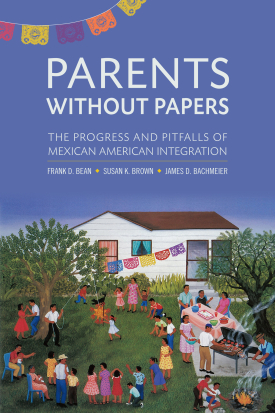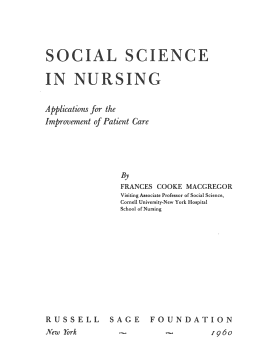
Race, Class, and Affirmative Action
About This Book
“If you thought class-based affirmative action is the answer, think again. This provocative book, based on a rigorous study of current and historical trends in the United States and internationally, raises serious questions and challenges for both race- and class-based affirmative action policies. Bringing a timely and compelling perspective to the debate, Sigal Alon convincingly demonstrates what the most equitable admission solutions are for today.”
–Barbara Schneider, John A. Hannah University Distinguished Professor, Michigan State University
“Race, Class, and Affirmative Action is an important book, which adopts an unusual and valuable international perspective, focusing on Israel and the United States. It is remarkably balanced and free of the abundance of cant too often found in American discussions of affirmative action. Equally noteworthy is Sigal Alon’s emphasis on evidence-based findings and her frank recognition that there is no ‘silver bullet.’ Trade-offs are unavoidable—between achieving significant representation of racial minorities in the most elite universities and achieving a broader diversity at affordable cost. Neither class-based affirmative action (in any number of guises) nor a well-crafted race-sensitive policy is, in and of itself, a cure-all. Alon is to be commended for her practical, realis - tic, and hard-headed approach to a topic that needs precisely those qualities.”
–William G. Bowen, president emeritus, The Andrew W. Mellon Foundation
“In her new book, Race, Class, and Affirmative Action, Sigal Alon offers a powerful comparative analysis which opens new approaches to assess the structural determinants of disadvantage, yielding new strategies for productive policy development. Her insights open our thinking for forward movement in the United States, but also for other countries such as Brazil, India, and South Africa which are struggling with similar challenges.”
–Ann Marcus, professor and director, The Steinhardt Institute for Higher Education Policy, New York University
No issue in American higher education is more contentious than that of race-based affirmative action. In light of the ongoing debate around the topic and recent Supreme Court rulings, affirmative action policy may be facing further changes. As an alternative to race-based affirmative action, some analysts suggest affirmative action policies based on class. In Race, Class, and Affirmative Action, sociologist Sigal Alon studies the race-based affirmative action policies in the United States and the class-based affirmative action policies in Israel. Alon evaluates how these different policies foster campus diversity and socioeconomic mobility by comparing the Israeli policy with a simulated model of race-based affirmative action and the U.S. policy with a simulated model of class-based affirmative action.
Alon finds that affirmative action at elite institutions in both countries is a key vehicle of mobility for disenfranchised students, whether they are racial and ethnic minorities or socioeconomically disadvantaged. Affirmative action improves their academic success and graduation rates and leads to better labor market outcomes. The beneficiaries of affirmative action in both countries thrive at elite colleges and in selective fields of study. As Alon demonstrates, they would not be better off attending less selective colleges instead.
Alon finds that Israel’s class-based affirmative action programs have provided much-needed entry slots at the elite universities to students from the geographic periphery, from high-poverty high schools, and from poor families. However, this approach has not generated as much ethnic diversity as a race-based policy would. By contrast, affirmative action policies in the United States have fostered racial and ethnic diversity at a level that cannot be matched with class-based policies. Yet, class-based policies would do a better job at boosting the socioeconomic diversity at these bastions of privilege. The findings from both countries suggest that neither race-based nor class-based models by themselves can generate broad diversity. According to Alon, the best route for promoting both racial and socioeconomic diversity is to embed the consideration of race within class-based affirmative action. Such a hybrid model would maximize the mobility benefits for both socioeconomically disadvantaged and minority students.
Race, Class, and Affirmative Action moves past political talking points to offer an innovative, evidence-based perspective on the merits and feasibility of different designs of affirmative action.
SIGAL ALON is an associate professor in the Department of Sociology and Anthropology at Tel-Aviv University.




